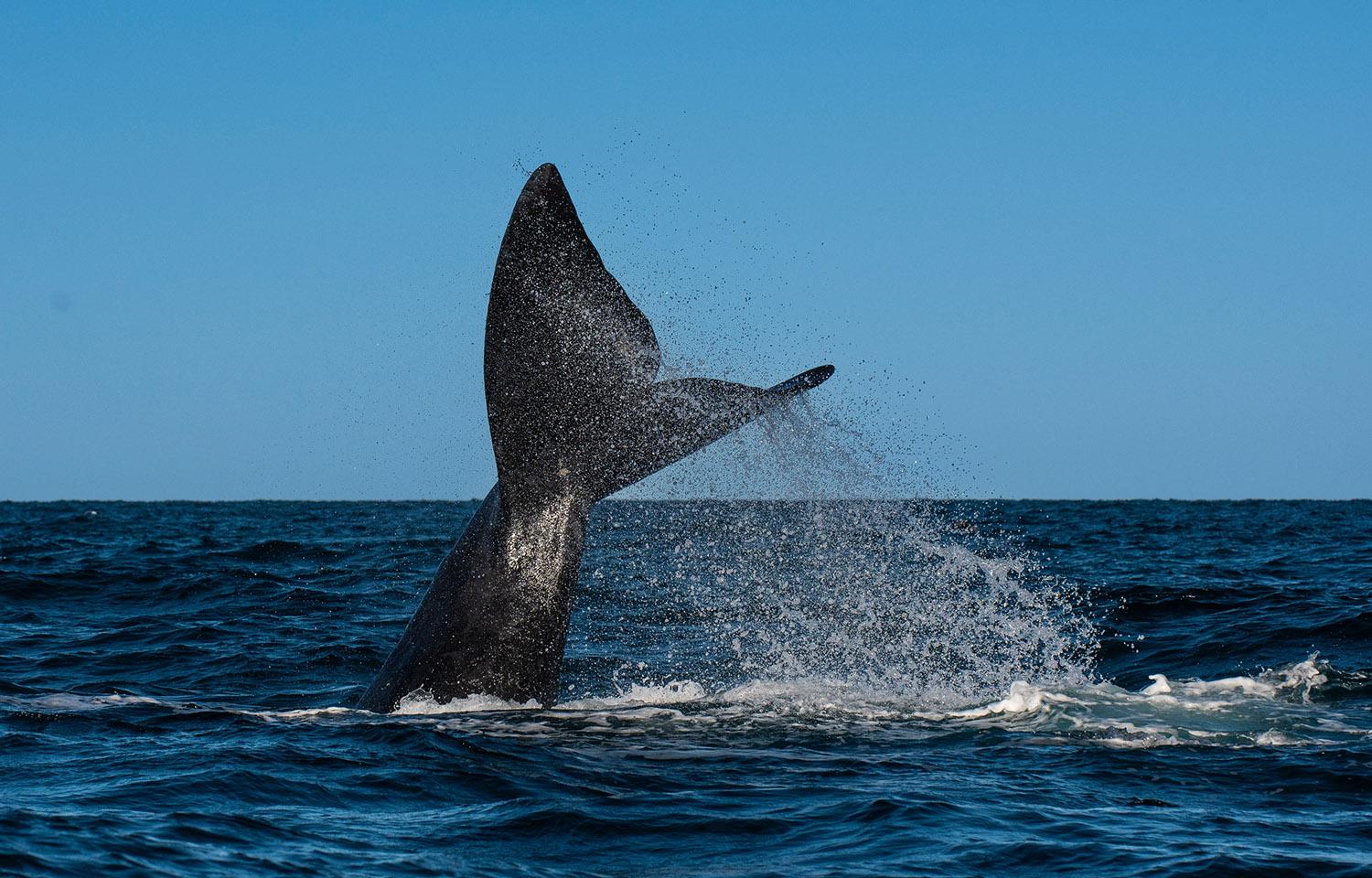U.S. lawmakers in Congress are trying to stop NOAA Fisheries’ expanded vessel speed rules from going into effect, with 54 legislators signing a letter asking the federal government to reopen the rule for further input and review.
"We share the objective of preventing vessel strikes and protecting critically endangered marine mammals like the North Atlantic right whale,” the lawmakers wrote in the joint letter. “However, we believe that there are better strategies to accomplish this goal while safeguarding the multiple uses of our ocean resources."
The current rule, which has been in place since 2008, requires vessels over 65 feet in length to limit speeds to 10 knots or lower when traveling through North Atlantic right whale seasonal management areas. However, in 2022, NOAA Fisheries proposed expanding the rules to better protect right whales. The new rule would apply to all vessels 35 feet in length.
Directed at the Office of Management and Budget and the Office of Information and Regulatory Affairs (OIRA), the lawmakers’ letter asks the federal government to return the rule to NOAA Fisheries for reconsideration. The legislators claim that the changes are a major disincentive to boating and fishing and “pose economic harm.”
The letter also notes that new rules could lead to safety concerns for smaller vessels, with reduced speeds diminishing visibility.
“NOAA's proposal was not well thought out and would have the unintended consequences of endangering pilots and pilot boat crews, raising the likelihood of marine accidents in the entrance channels of East Coast ports and negatively impacting the maritime supply chain that is relied upon by all Americans,” American Pilots’ Association Executive Director Clay Diamond said.
NOAA Fisheries has struggled to show a direct causal relationship between vessel speed limits and reducing strikes, although a 2020 government report found that vessel strike mortalities had gone down since the 2008 rule was put in place.
It’s also not clear how effective the current rules are. A January 2024 analysis from environmental group Oceana reported that 79 percent of boats they tracked violated the existing speed limit in mandatory slow zones. NOAA Fisheries claims to have stepped up enforcement since 2021, imposing USD 1.1 million (EUR 1 million) in fines over a two-year period.
In addition to the letter, U.S. Representative Buddy Carter (R-Georgia) has introduced a bill that would keep the current rule in place through 2030 and create a grant program to find technological solutions that can help prevent vessel strikes.
“We all want to protect the right whale from extinction, but this is the wrong way to do it,” Carter said. “Before implementing a sweeping rule that will kneecap small businesses up and down the East Coast, including 27,000 in Georgia alone, we must use all of the technological advancements at our disposal so that right whales and business owners can thrive together.”
In June, Office of Science and Technology Director Evan Howell testified against Carter's bill, stating that NOAA Fisheries needed to enact further protections of North Atlantic right whales.
"Vessel strikes are an ongoing, unsustainable threat that NMFS has the statutory authority and mandate to address under the Endangered Species Act and the Marine Mammal Protection Act," Howell said. "Over the past few months alone, we have documented four right whale mortalities in U.S. waters. Three of these were consistent with vessel strikes as the cause of death, including one involving a young calf that was struck and killed by a boat estimated to be 35 to 57 feet in length."
Howell also dismissed the idea that technology investments were an adequate replacement for the new rule.
"Until the promise of technological and other advancements can be proven, a more effective vessel speed rule is needed to minimize risk," Howell told lawmakers.
In March, NOAA Fisheries identified a dead right whale calf on the Georgia coast that showed evidence of being struck by a vessel.








